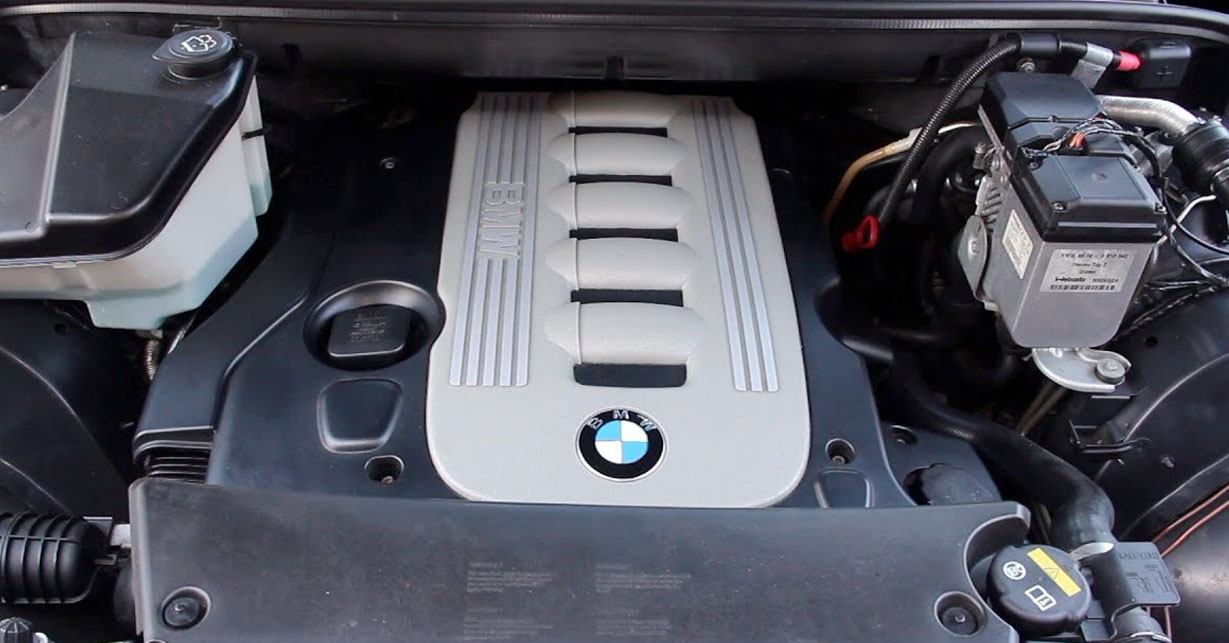BMW introduced the M57 engine in 1998 and it has built a reputation as a reliable diesel workhorse. This inline-6 turbo-diesel engine powered various BMW models, including the E90 335d, E60 535d, and E70 X5 35d.
Although the M57 engine has been succeeded by the N57, it remains a popular choice among BMW enthusiasts looking for a torquey diesel due to its reliability and strong performance.
Let’s look at the M57’s reliability, common issues to watch out for, and how to keep this diesel engine running healthy.
Is the BMW M57 reliable?
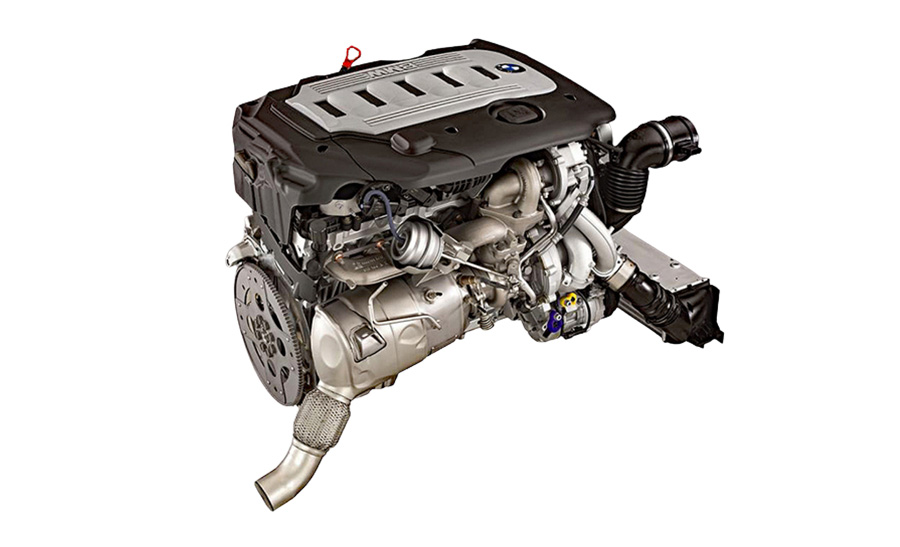
Yes the M57 is a reliable engine. It has above-average reliability when compared to other BMW engines and is one of the most reliable diesel BMW engines.
Major engine failure is very rare but its emission control systems may need frequent maintenance. Cooling leaks are not common when compared to other BMW engines of the era. The engine also stays reliable even when tuned.
10 Most Common M57 Engine Issues:
1. EGR Failure
The EGR (Exhaust Gas Recirculation) system can fail if the engine is not brought up to full operating temperature often. The EGR needs high temperatures to operate efficiently, as it can get full of soot and carbon when the exhaust gases are not hot enough.
A failing EGR will lead to reduced performance, increased emissions, and in the worst case, engine damage.
2. Clogged DPF
Similar to the EGR, the Diesel Particulate Filter (DPF) can become clogged or saturated, causing excessive back pressure that can damage your turbos over time.
The best way to keep your DPF functioning properly is to let the car warm up completely often. If you commute long distances or go for long drives several times a week this shouldn’t be an issue.
3. Turbo Oil Line Leaks
This a common issue on any turbocharger BMW engine of this era. Symptoms of leaking turbo oil lines are loss of oil and a burning oil smell.
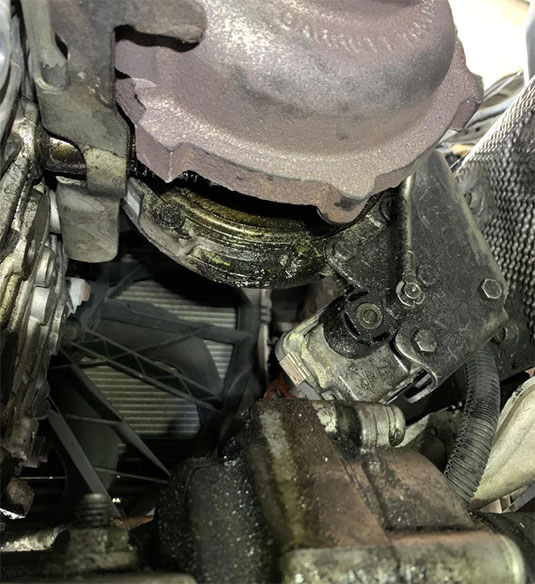
The M57 has up to three turbochargers each having its own oil lines. Inspect often if your car is nearing 100,000 miles and replace it as soon as the issue arises to avoid more expensive issues down the line such as turbocharger failure.
4. Failed Thermostat
M57 engines do not have water pump issues like other BMW engines of the same era, but thermostats fail often and should be replaced.
If a thermostat fails in the closed position it can lead to an overheating engine. If it fails in an open position, the engine will be unable to reach full operating temperature, potentially causing other engine issues if not replaced on time.
5. Harmonic Balancer Replacement
The harmonic balancer of the M57 wears out over time. It rotates with the crankshaft and it drives the accessory belt.
Some symptoms of an harmonic balancer that needs replacement are a burning rubber smell or loss of power steering. Replace before 100,000 miles to prevent further issues such as a non-functioning alternator.
6. Turbo Outlet Hose Failure
The red turbo outlet boost hose tends to fail, causing a boost leak and you may also see oil around the area. A common symptom of the turbo outlet hose failing would be this red hose being covered in oil, and also the engine being noticeably low on power.
7. SCR Tank Temperature Sensor Failure
The Selective Catalytic Reduction tank is part of the emission control system of the M57. It stores Diesel Exhaust Fluid that is then injected into the exhaust stream to trigger a chemical reaction that reduces emissions.
The M57’s SCR tank has an integrated temperature sensor that can fail and it cannot be replaced separately. This would cause engine codes 0046F9 and 004D32. Although DIYers have found ways to fix it without replacing the tank, the proper way to solve the issue is to replace the SCR tank.
8. Glow Plug Failure
Glow plugs are a routine maintenance item on modern diesel engines such as the M57 and should be replaced before they fail. Going too long without replacing them may lead to the glow plugs seizing to the head and being very difficult to remove.
We recommend replacing all six glow plugs every 80,000 miles or 8 years.
9. Vacuum Line Leaks
Another common issue that can affect the reliability of the M57 is a vacuum line. Vacuum lines can weaken over time, leading to vacuum leaks. This is an issue that can be difficult to diagnose without a smoke test or specialized equipment.
Symptoms of a vacuum leak include poor idle, reduced performance, misfires, and poor fuel economy.
10. Carbon Build-up
Excessive carbon build-up may occur if the EGR system is not functioning properly or if you take frequent short trips. Carbon build-up will lead to reduced performance.
M57 vs. M57TÜ Reliability
The M57TÜ (Technical Update) is an updated version of the M57 engine, introduced in 2002. The M57TÜ features various improvements, such as increased power and torque, as well as improved emissions control. Subsequently, in 2005 BMW released another iteration of the engine, the M57TÜ2.
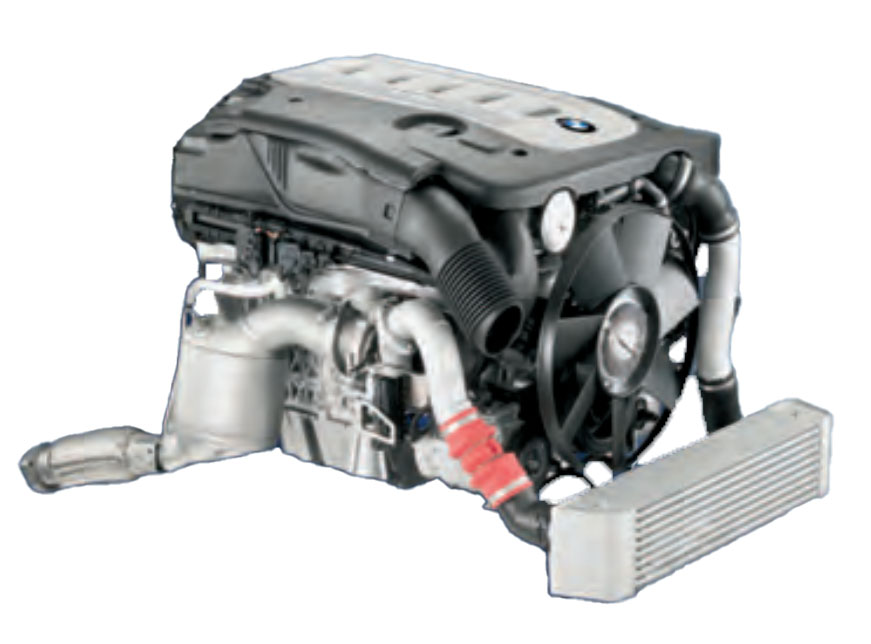
Despite the change of block material from cast iron block to an aluminum block, the M57D30TÜ2 is more reliable than the first iterations of the engine such as the M57D30.
Most Reliable M57-Powered BMWs
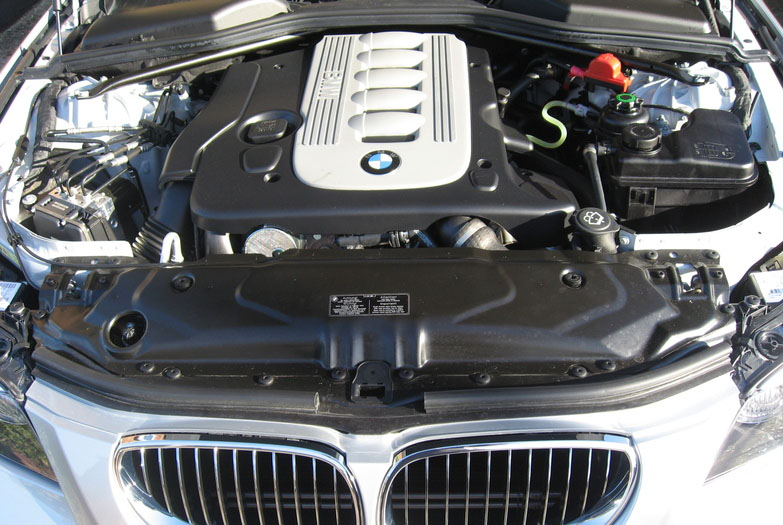
The following are some of the most reliable BMW models powered by the M57 engine:
- E90 335d
- E60 535d
- E70 X5 35d
Tips to Keep Your M57 BMW Reliable
To keep your M57-powered BMW running with no issues, consider the following maintenance tips:
- Regularly bring the engine up to operating temperature to help prevent issues related to the EGR and DPF systems. Taking short trips of 10 minutes or less frequently without letting the engine reach full operating temperature often can bring issues down the line in the M57, such as an EGR full of soot and a clogged DPF.
- Replace glow plugs every 80K miles. Frequent glow plug replacement is a must in a modern diesel engine, most importantly in cold climates.
- Change the oil frequently. The BMW-recommended oil change intervals are too long. By the end of it, engine oil is starting to break down and leave carbon deposits around the engine. Change the oil every 6,000 to 8,000 miles to ensure the rotating assembly stays running healthy.
Conclusion & Our Recommendation
The M57’s reliability is above average for a BMW diesel engine. Its engine block is very strong and can withstand abuse even when tuned heavily. Auxiliary systems such as the EGR, DPF, and other complex diesel-specific systems can cause issues.
Once the emission-related issues are addressed, it is a dependable engine choice for those seeking a powerful, reliable diesel BMW. The M57 paved the path for current diesel straight-6 BMW engines such as the N57 and the B57.
Our recommendation for those looking for a used M57-powered BMW is to ensure that the vehicle has a solid maintenance history. If possible, opt for an M57TÜ engine, as it offers improved performance and emissions control compared to the original M57.

